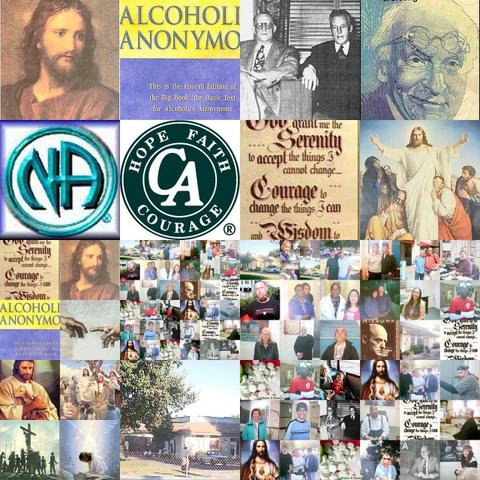
"Clap your hands, all you peoples; shout to God with loud songs of joy. For the LORD, the Most High, is awesome, a great king over all the earth." (Psalm 47:1-2) Sometimes, riding my motorcycle on a beautiful spring morning, it is impossible to miss the grandeur of God's creation. It is impossible not to feel joyful. And I have had to do nothing to experience this joy but to be there. It is a wondrous gift, not of my or anyone else's making.
"Thank you." That is what most of us have learned to say when we receive a gift. Most of us probably do not say it enough, but most of us know what it means to feel deeply grateful. Most of us at times take stock of the ways others have blessed our lives. And I think I feel the most pity for people who are unable to feel gratitude, who think of everything as deserved or earned, who don't know the sheer joy of feeling truly thankful.
Theologically thinking, all that makes us who we are is a gift. Our talents, our quirks, our personality, our capacities are all given to us. We may use them well or poorly, but none of us created ourselves. How does one say, "Thank you" for all that we have been given?
The word repent has some baggage, some bad connotations. But I think that John the Baptist's call for people to "Repent" can be read as a call to realize how much we have to be thankful for, and, in gratitude, to live differently. How? John suggests, "Whoever has two coats must share with anyone who has none; and whoever has food must do likewise." His list goes on, but you get the picture.
I wonder what opportunities I will have to say, "Thank you" this day.
(Click here to learn more about the Daily Lectionary.)








